Grower Stories #123: Dr. Joseph Rosado
Published
Updated
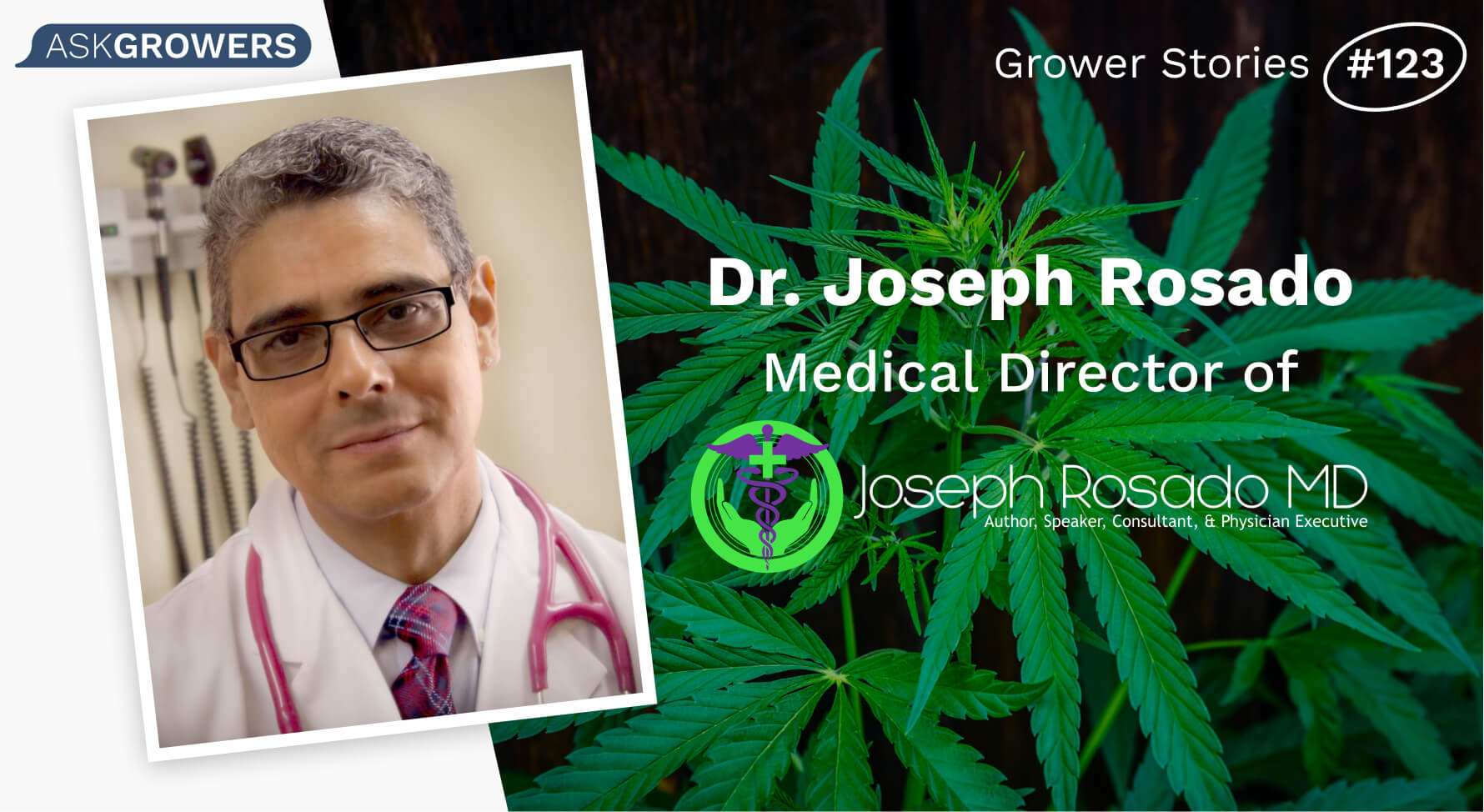
Interview conducted by Karen Laverty edited by Lana Braslavska.
A Conversation With Dr. Joseph Rosado About the Use of Cannabis
Sitting down for a conversation with the AskGrowers team, Dr. Joseph Rosado talks in-depth about why he thinks cannabis should be legal and how it can help save many people’s lives. He shares his experiences with recommending cannabis products to his patients, talks about his own cannabis consumption routine, and also gives crucial advice to people who are new to using cannabis for medicinal purposes. #growerstories
Karen Laverty : Tell us about yourself in a few sentences. When have you decided to devote yourself to cannabis medicine?
Dr. Joseph Rosado : I am Dr. Joseph Rosado, primary care physician in the state of Florida, USA. I decided to get involved with the medical cannabis movement back in February of 2014 when John Morgan was advertising for the decriminalization/amendment to proposition for the decriminalization of cannabis for medicinal purposes in 2014. Unfortunately, it did not pass and so we went back in 2016, and this time it passed with a resounding yes - with 71%. I was the first in the greater Central Florida area to recommend medical cannabis to an adult in August 2016. And the first in the state of Florida to recommend medical cannabis to a child, a 15-year old patient with cancer.
Karen : You wrote a book “Hope and Healing” which is about the medical influence on the human body after consuming cannabis. Can you tell us why you decided to share these cases in the book particularly?
Dr. Joe : Although I had learned about the endocannabinoid system and the use of medical cannabis when I was in medical school, I was in a country where cannabis was illegal, therefore, I left it in the back of my mind. When it came to fruition in the state of Florida and I started looking for information to utilize and learn from, there wasn’t a whole lot on the side for a provider or physician.
And so that was the drive for me to create and write the book that I did for providers, colleagues, physicians, nurses, practitioners, and physician assistants but also for laypeople. So, it was not only directed towards healthcare professionals but also geared towards laypersons.
Karen : In your article about COVID-19 and cannabis you mention that marijuana can have various effects on the human body. Can you briefly explain this in more detail to our readers? Can you consume cannabis when you have COVID-19?
Dr. Joe : The short answer is: I did. When I had COVID-19 in June of 2020, one of the things that I utilized to help with my symptoms was cannabis. I utilized CBG as an isolate because CBG is five times as powerful as CBD. And so, 200mg CBG was the equivalent of 1000mg of CBD that I was taking at bedtime. I was consuming 1:1 CBD/THC, both in a vape as well as in a tincture. I utilized CBD as an isolate and also CBD full-spectrum. So, I used a variety of CBD and THC products.
What I discovered was that CBD, based on the articles that I had read and still read, can prevent or block the cytokine storms and the cytokines that are produced when the COVID virus gets into the person’s lungs, which causes inflammation and this massive inflammatory process is what makes COVID 19 so fatal. And based on what I had read and studies that had been done, I decided that I would be using medical cannabis in conjunction with vitamin D, vitamin A, vitamin, C, vitamin E, Zinc, Neem, Turkey Tail, and Lion’s Mane - to combine not only cannabis but also anti-oxidants, vitamins, some minerals, and some mushrooms. So it was a multifactorial treatment that I utilized when I had COVID 19.
Karen : In your professional opinion, how do you think the customer can be sure he’s getting the toxic-free cannabis product?
Dr. Joe : The most important thing is to be certain that when you purchase, you purchase from a respectable, reputable dispensary. In the state of Florida, because it is medicinal and not ‘adult’ use, a.k.a. recreational, we are somewhat guaranteed that the products that we’re getting are safe and what appears on the bottle in what’s inside. Nonetheless, when you’re purchasing online, a flea market, a gas station, or the black market, you are definitely uncertain as to what’s happening. So it’s always important to make sure that you get the certificate of analysis, be certain that you read up on the company, and that you do due diligence before you purchase any product from anyone.
Karen : In your opinion, what do you think the casual medicine cannabis consumer looks like? (elder people, people who are under 30, etc.)
Dr. Joe : My experience has been that the largest population that comes to our office are baby boomers - individuals born from 1946 to 1964. However, because I feel comfortable in managing and treating children, I also have a high percentage of pediatric patients - children with epilepsy, seizures, autism, ADD, or ADHD - whose parents have researched and discovered the benefits of utilizing cannabis for those specific conditions. So, in my practice, it’s two tiers - it’s either pediatric or baby boomers and not so many Generation Zs or millennials.
Karen : In what cases do you think the doctor can prescribe cannabis treatment?
Dr. Joe : Well, technically, in the United States, we cannot prescribe cannabis but we recommend cannabis. The reason we cannot prescribe it is because it remains federally illegal. It is a Schedule I drug in the USA. That being said, we have a license to prescribe controlled substances including narcotics, amphetamines, synthetic THC, etc. And we have what’s called a DEA - Drug Enforcement License - that allows us to prescribe Schedule II to Schedule V drugs. But because cannabis is Schedule I, we cannot prescribe it without permission. Therefore, stating that we prescribe cannabis is illegal and it’s a violation of the law. And if we say that, we would lose our DEA license.
So, we use our First Amendment Right of freedom of speech. By having freedom of speech, we give a recommendation to our patients. That’s how we manage and get around the idea that we cannot prescribe it but we can recommend it.
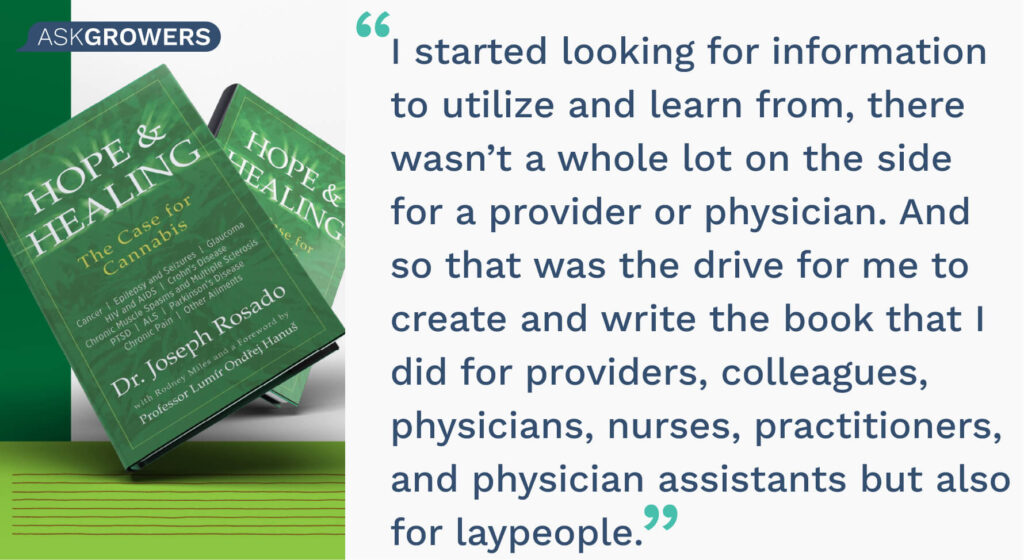
Karen : What are your predictions on medical cannabis in medicine itself? Do you think students at the universities should have a special programme to be aware of its benefits, etc.?
Dr. Joe : Absolutely. That's the biggest drawback that we have - the lack of education of the physicians. Most medical programs in the United States are doctor-based. We are the gatekeepers. Patients cannot get to the dispensaries without coming to us first. Therefore, if we as physicians do not know how to recommend this medication and how to incorporate it into the treatment regimen of the patient, and how to combine it with conventional medicines, we're doing a tremendous disservice to the patient.
We know that patients are utilizing this already, which is why a lot of physicians have opted to get into medical cannabis because they figure if you can't beat them, join them. That wasn’t my attitude. My attitude was that this is another tool in my toolbox to be able to manage and treat patients. So it's a double-edged sword. Some of us got into it because we see the value and benefit of it. Others got into it because they see, ‘oh well, I may as well make a buck out of this’. However, my vision - and my colleagues that I associate with - our desire is to replace conventional medicines that cause so much harm to individuals, cause addiction, cause dependence, and have greater side effects than the actual benefit of the medicine. And so our vision and our desire is to replace conventional medicines with the natural source of medical cannabis.
Karen : What’s your personal consumption routine? What are the top three products that you’re using, if you do?
Dr. Joe : Yes, I certainly do. As I mentioned before, what I utilized during COVID is pretty much what I use in general. I use a vape, I rotate through three different types of chemovars or products. A named chemovar Green Crack which is predominantly a Sativa, a 1:1 CBD/THC ratio, and a delta 8 vape. Those three I utilize in either vaporization or flower. In my vaping, I do dry vaping. I use a handheld vaporizer that I can control the temperature setting on, and I use the flower ground up, put it in the handheld vaporizer, set the temperature, and that way, I take advantage of the different vaporization points for each one of the different vital cannabinoids.
I primarily vape at night in conjunction with an edible or a capsule that is either predominantly Indica or an Indica-dominant hybrid, primarily specifically to help me sleep. I use a tincture which is a very strong Indica that also helps me sleep. In the daytime, I use a full-spectrum CBD product on occasion. I’ve used a CBG product too but daily, it's a CBD full-spectrum in the morning and the vaporization and the edibles in the evening.
Karen : What the cannabis routine should look like in order to make people’s lives easier and more productive?
Dr. Joe : It depends on what the person feels comfortable in using it and what their experience is. For example, if I have an 81-year-old patient that has never inhaled in their lives, they've never smoked, they've never vaporized, they've never smoked a joint, then to tell them to use an inhaler or a dry vape or a pre-roll would be really irresponsible on my part because that patient doesn't know what they're doing.
So I find out where they are what they’re accustomed to using and then work with the different modes of administration based on the different pharmacokinetics and pharmacodynamics. Meaning, how quickly they feel the effect, how long the effect lasts for and what we’re addressing. So, if we're addressing pain, then we'll start with something that's short-acting like a nasal spray or a metered-dose inhaler, which some of our dispensaries have, and then move forward with some edibles or capsules, tinctures, topicals patches, etc. So it's a full range of treatment options for the patients depending on their level of experience and their comfort.
Karen : If you smoke weed, what are your top strains to smoke? Why?
Dr. Joe : I don't smoke. I vaporize and I dry vape. I believe in using the whole plant rather than extracts of the plant. So I'm a big advocate of utilizing the whole plant, the whole flower. As far as ‘strains’ go, that is a misnomer. The proper term is a chemovar. Strains are in bacteria and viruses, not in the plant world. So in the use of the words, strain is really a misnomer. The chemovar that I utilize, as I mentioned earlier, is Green Crack. I am also a big fan of Delta 8 THC and also a 1:1 CBD/THC ratio. Those are the ones that I use exclusively in the vaporization component.
Karen : If you could share a joint with anyone in this world, dead or alive, who would that be and why? :)
Dr. Joe : As a former good catholic, I've admired and would like to smoke a joint - or vapor joint since I don't smoke - with Pope John Paul the Second. Why? At that time, in the late 70s early 80s, he was pretty much a badass. He was a rock star for all practical purposes. He traveled the world over at least five times. He had been shot, was on the verge of death, came back to life - he was revived - and later did the confession of the person who had attempted to kill him.
I think it was pretty badass to take someone's confession who had just attempted to kill you. So, the fact that he spoke eight different languages, had traveled the world, and had enough compassion to take the confession for the individual that attempted to take his life, says something about that individual. So I would definitely like to give him a joint - I would be vaping - and I'd be picking his brain a lot and then just speaking with him and just hearing his stories and his experiences. So that's who I would like to hang out with.
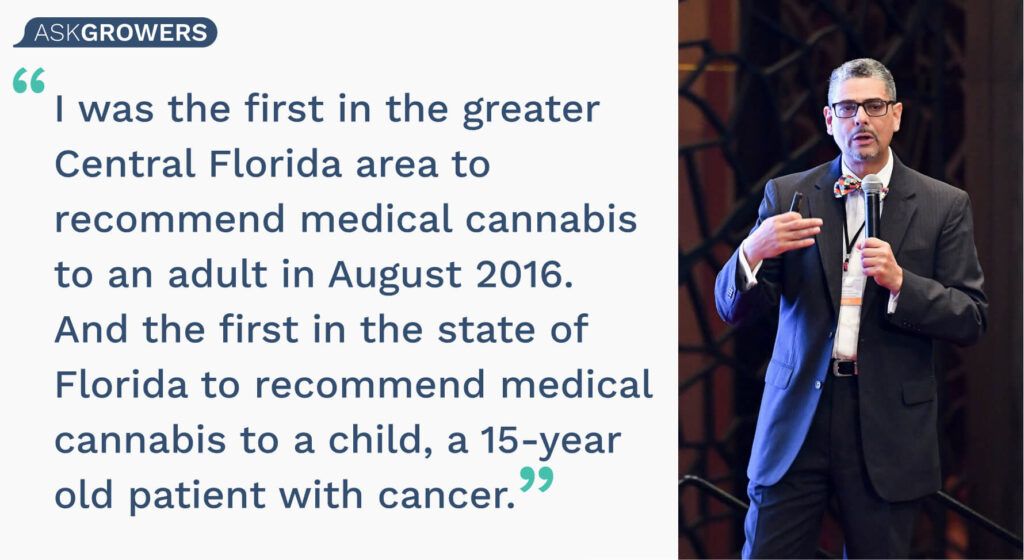
Karen : What’s the number 1 rule for you, when you’re consulting people on cannabis benefits?
Dr. Joe : I find out where they are. I ask questions rather than throwing all my knowledge on understanding or information at them. And so I ask them what their position is, what their thoughts are. If they are naive, I always start low, go slow - it’s our mantra. If they are experienced, I start by educating them on the proper utilization because just because someone is an experienced candidate's user doesn't mean that they are experienced in all of the different modes of administration.
They may know how to vape or smoke, but they don't know the benefits of utilizing different chemovars, different percentages, different terpenes and so all those things come into play when treating different conditions. So I find out how experienced they are, what they know, and then give them some additional information based on the experience I've gathered over the past 10 years of studying this concept and over the past five years of being involved, teaching, training, and recommending.
Karen : What would be your advice for people who are about to try cannabis products?
Dr. Joe : Make sure that they are purchasing their product from a reputable, respectable dispensary. Make sure that you get a certificate of analysis to make sure that what you're using is actually in the product and not something fake. As our former president of the US would say, ‘fake news’ - so make sure that it's not fake weed or fake CBD. Start low, go slow. Titrate to benefit or to effect. Those are pretty much the main pieces of advice that I give to all my patients on a daily basis.
Karen : What's the main thing people should know about cannabis? Most people think it’s a drug and it shouldn’t be legal. What are your thoughts on this?
Dr. Joe : That is medicine. That it is not a gateway drug, it is more of an exit drug - even though a physician in the United States claims to have patented that phrase of an ‘Exit Drug’ - but it truly is! Cannabis is used as an exit medication from the conventional medications that cause so many problems and issues. So understand that it is a medicine, that it is not a gateway drug, that is a freeing and liberating medication to get you away from conventional medications that cause so much more harm, have greater side effects, and can lead to addiction, dependence and, in many cases, death.
I believe that it should be legal. I believe that it should be legally used for responsible individuals. I believe that there is a strong medical component. For those individuals that want to utilize it recreationally, they’re still using it medicinally because we all have an endocannabinoid system. Whether you're using it under the direction of a physician or the direction of a budtender, you're still stimulating and supporting your endocannabinoid system by receiving phytocannabinoids exogenously into your system using the plant. So, it doesn't matter whether a physician recommended it or you bought it from a reputable dispensary, you're getting what you need to stimulate and support your endocannabinoid system, to maintain homeostasis and, ultimately, health.
Karen : Are there any doctors in the cannabis niche you appreciate and follow?
Dr. Joe : As far as physicians go, Dustin Sulak, doctor of osteopathy in Maine, USA, and Ethan Russo who I consider a strong pioneer, especially in the concept and theory of clinical endocannabinoid deficiency and in supporting said deficiency using different phytocannabinoids to maintain health.
Also, as far as a pioneer in the world against the federal government, Dr. Sue Sisley who performed a clinical trial using cannabis and going against the federal government, suing the federal government and winning, in the United States, working with veterans with post-traumatic stress disorder. And Dr. Margaret Getty who specializes in pediatric care in Colorado - a mentor that I learned an incredible amount from when I began to manage and treat children with epilepsy, autism, ADD, and ADHD with medical cannabis. So those are the doctors that I follow.
Karen : How did you get started in medical cannabis?
Dr. Joe : In 2014, February to be exact, John Morgan - one of our local attorneys - who was promoting and funding the campaign for an amendment to the decriminalization of medical cannabis, started advertising on regular mainstream media, and I saw a commercial and so I sent him an email and said, “I'm a physician, I'm an advocate. How do I get involved?”. 24 hours later, I was speaking with his campaign manager and a week later, I was on his bureau of speakers, and pretty much the rest was history. I began to speak on behalf of medical cannabis, the decriminalization of it, participated in many round tables, interviews, and debates with different sheriffs from different counties that I was living in.
In 2014, we went before the ballot. It didn't pass by less than two percentage points. And so we had to wait until 2016 to go back to the ballot. But in the meantime, it allowed for the law to find its place in the state of Florida. It allowed me time to study and learn more from people that had been doing it much longer than I had.
We already had laws in the state of Florida. We had Senate Bill 1030, which was the Compassionate Care Act. That was signed into law in June of 2014. And then in June of 2016, we had the Right to Try Act. That dovetailed onto Senate Bill 1030, but we had no product available. And it wasn't until August of 2016 that I was the first in the greater Central Florida area to recommend medical cannabis to an adult, a 35-year-old with a stage 3 brain tumor, who is still alive. And then in November of 2016, I was the first in the state to recommend medical cannabis to a child, a 15-year-old with a stage 4 head and neck tumor.
Karen : We talk about how cannabis can be part of medical treatment, but it looks like the average person doesn’t know how to even start. Does it always seem to be kind of the last measure for the patients and not part of the treatment itself?
Dr. Joe : Well, originally, there was Senate Bill 1030 and we only had four diagnoses available to us which were epilepsy, chronic conditions that cause seizures, chronic conditions that cause muscle spasms, and cancer. That was it. And for epilepsy or the chronic conditions that cause seizures, the patients had to have exhausted multiple anti-epileptic drugs before we would be able to recommend medical cannabis.
To this day, it's still that way where they prefer for the child - typically - to use three or four anti-epileptic drugs, fail on all of them, and then consider it. And we have to have two physicians sign off on a pediatric patient.
So, we need two doctors to say that this child would benefit from the use of medical cannabis and so that again poses a challenge because a lot of neurologists, pediatricians, hematologists, and oncologists that are managing these children are totally against the use of anything cannabis-related, not understanding that those children have an endocannabinoid system that requires cannabis. And because they're so stressed because of all the stuff that's going on in their body, they need the cannabinoids from the outside of the body to work inside their body to support and replenish their endocannabinoid system.
Karen : You talk about Alzheimer’s Disease and how cannabis can help with it. Could you explain a little bit more about that?
Dr. Joe : Sure. I have a lecture that I prepared and I have given on the subject. There's an actual product that has been created and approved by the FDA for clinical trials. It is a combination of cannabis, turmeric, and melatonin. And that combination is being used in clinical trials in Puerto Rico, utilizing this product specifically for patients with Alzheimer's disease because animal studies have been done showing that their cognition improves once they begin using the combination of CBD with THC because it helps block the protein that forms in the brain that causes or leads to dementia or Alzheimer's and progresses over 14 years.
Karen : More people are talking about autism and cannabis too. How does that work?
Dr. Joe : Excellent question. I also have a lecture on this and I published a paper too, back in 2019, on the topic of autism and cannabis. There are different belief systems as to what causes autism. No one has agreed on the actual cause and there are multiple reasons why a child can have autism. But the key with cannabis is that it helps slow down what's going on in the brain. It allows for that bombardment that's going on on a constant basis in those children to kind of slow down and prevents the outbursts and the behavioral issues.
Many of these children come in with medications that are antidepressants, antianxiety, and antipsychosis. And they're either zombies or they're bouncing off the walls because they can't get those medications in sync with everything else that’s going on inside the child.
Karen : And so I know you're part of www.marijuanadoctors.com. Can you explain to people what kind of resource that is?
Dr. Joe : marijuanadoctors.com is an educational platform for patients where you can go and there's a section titled ‘Conditions’, where you can search whatever condition you have or a family member may have and an article or information will immediately come up with different research studies.
But it starts with what the disease is, what the statistics are, what's the conventional treatment, what the cannabis treatment is, how cannabis can help and why it helps, how conventional treatment works, etc. And every one of those articles has been reviewed by me regarding the scientific component of things. So we make sure that it is scientifically sound and as evidence-based as it can be - obviously within the limitations that we have in this country.
Karen : Hispanic heritage month starts this week. Are you planning any initiatives or are there any websites you think people should be looking at to learn more about cannabis in the Hispanic community?
Dr. Joe : Sure! I participate in a group called CannaFamilia which translates to ‘Cannabis Family’, and every Thursday they have some type of a lecture, or a lecture series, where two or three providers come on board and we speak on a specific topic. And as we move into Hispanic Heritage Month, there's going to be a lot more activities going on, a lot more education happening, and a lot more information for our community.
Karen : Talking about Social Equity, is there anything you've seen that you think that brands and consumers in the medical industry could do or support more around?
Dr. Joe : The main thing is to get educated on what cannabis is because when you say ‘cannabis’, the first image that many people get is of somebody with dreads in a tie-dye shirt smoking a joint or sucking on a bong. They don't see my typical five or six-year-old patient who was on five different anti-epileptic, drugs, having 300 seizures a day, and now they're having five seizures a month. That's the vision that they need to get - the child who has suffered and the family members who have suffered by having a special needs child and how cannabis has helped this child have a better quality of life as well as the parents.
Karen : What is the most surprising thing you've learned when writing your book Hope and Healing?
Dr. Joe : There were many surprises but the main one was - and when I tell people this, they look at me and they question me, a few have called me a liar until I open the book and show them - that the United States federal government has a patent on the use of cannabis for neuromuscular disorders. That’s how you see and tangibly understand the hypocrisy in the fact that it's a Schedule I drug that is defined as having no medicinal value and highly addictive. And yet there is a US patent on the use of that ‘illicit, illegal drug’ for neurological disorders.
Karen : Do you think that in the next five years cannabis will become federally legal? We see movements. But is it really moving forward?
Dr. Joe : There are movements like the MORE Act and what it does is that it decriminalizes medical cannabis for medical purposes. It allows for the VA to recommend medical cannabis and allows for reinvestment into communities that have been harmed by the war on drugs. And a percentage is to go and be reinvested into these communities that have been struck so hard by the use of cannabis, and into the expungement of criminal records for individuals that have been arrested specifically and solely for cannabis. So it's the MORE Act that is being addressed and being discussed. I'm hopeful that it'll get enough legs behind it to be able to move forward. But again, there are so many things happening - like a pandemic - so people's heads are all over the place right now.
Karen : What do you see is like the major obstacles to getting more medical professionals to understand the use of cannabis in treatments?
Dr. Joe : Allowing this to be taught in medical schools. Less than 10% of the medical schools discuss the endocannabinoid system and how cannabis works on the endocannabinoid system and how it can be utilized for multiple things from multiple conditions.
Until medical schools begin to educate the students on that, we're going to continue to have colleagues that go through four years of medical school, three, four, five, seven years of residency, and go out into private practice. And when a patient comes up to them and says, ‘Hey doc, I've been considering using medical cannabis. What do you think?’, they're going to go, ‘I don't know’.
Karen : Is there anything you would want us to know that you don't think is talked about or we haven’t talked about in this discussion that you think is really important for people to know?
Dr. Joe : What's very important for people to know is to educate themselves because the government hasn’t educated us. They've given us lies, they've given us myths, but they haven't given us true education. Churches have also not given us true education, in spite of the fact that it is a plant, and if you are a believer, it was created and it came to be in a garden called the Garden of Eden. There is a verse in the Bible, Genesis 129, where it talks about how all plants and seed-bearing trees are for food and medicine. So, just be mindful of that.
But educating themselves and finding information from qualified places and sources, such as www.askgrowers.com, such as my personal website www.josephrosadomd.com where you're gonna get a lot of information, is important. Go to my YouTube channel, MediCannaTalk with Dr. Joseph Rosado where I have quite a few videos both in English and in Spanish, educating on topics, such as ‘is my child gonna get high if I use medical cannabis?’
It's interesting how parents will ask me ‘is my child gonna get high if he or she uses medical cannabis?’, and my question to them is, did you ask your pediatrician when they prescribed speed to your child for their ADD or ADHD? Do you ask your doctor if your child is gonna get high because they have cancer and have cancer pain and are getting morphine? So why are you asking me if they're gonna get high with cannabis? It's the same kind of medicine as the amphetamine that they're getting for their ADD ADHD and it's the same kind of medicine like morphine that they're getting for their cancer pain.
You can follow Joseph at:
Thank you so much, Joseph, for taking the time to do the interview. It was a pleasure!
To learn more about Joseph, head on over to his website.
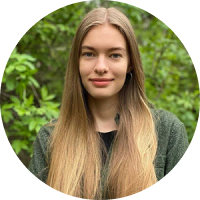
 Interviews
Interviews
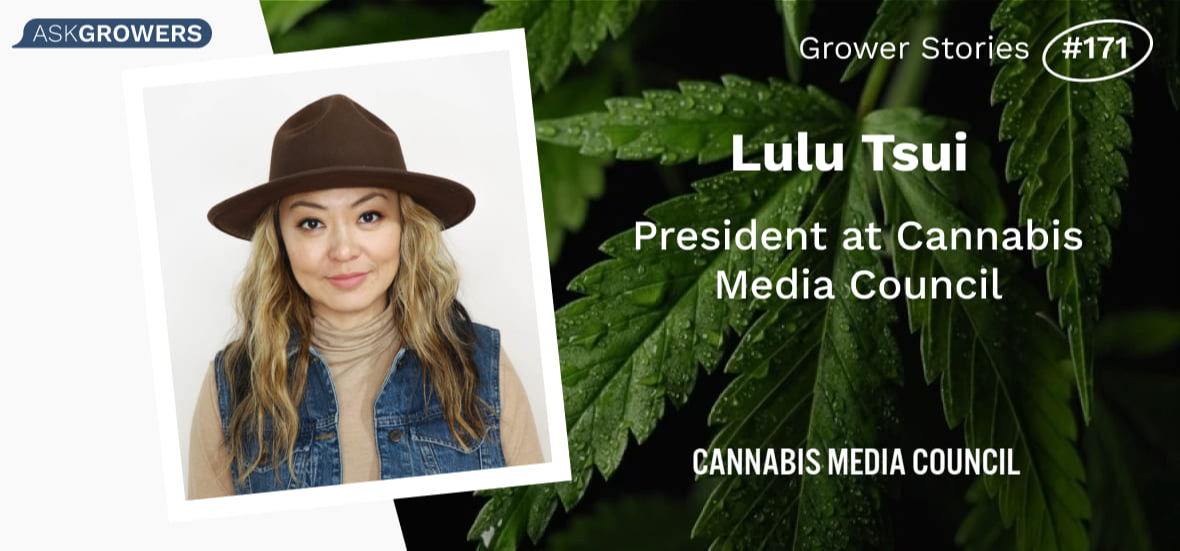
.png)
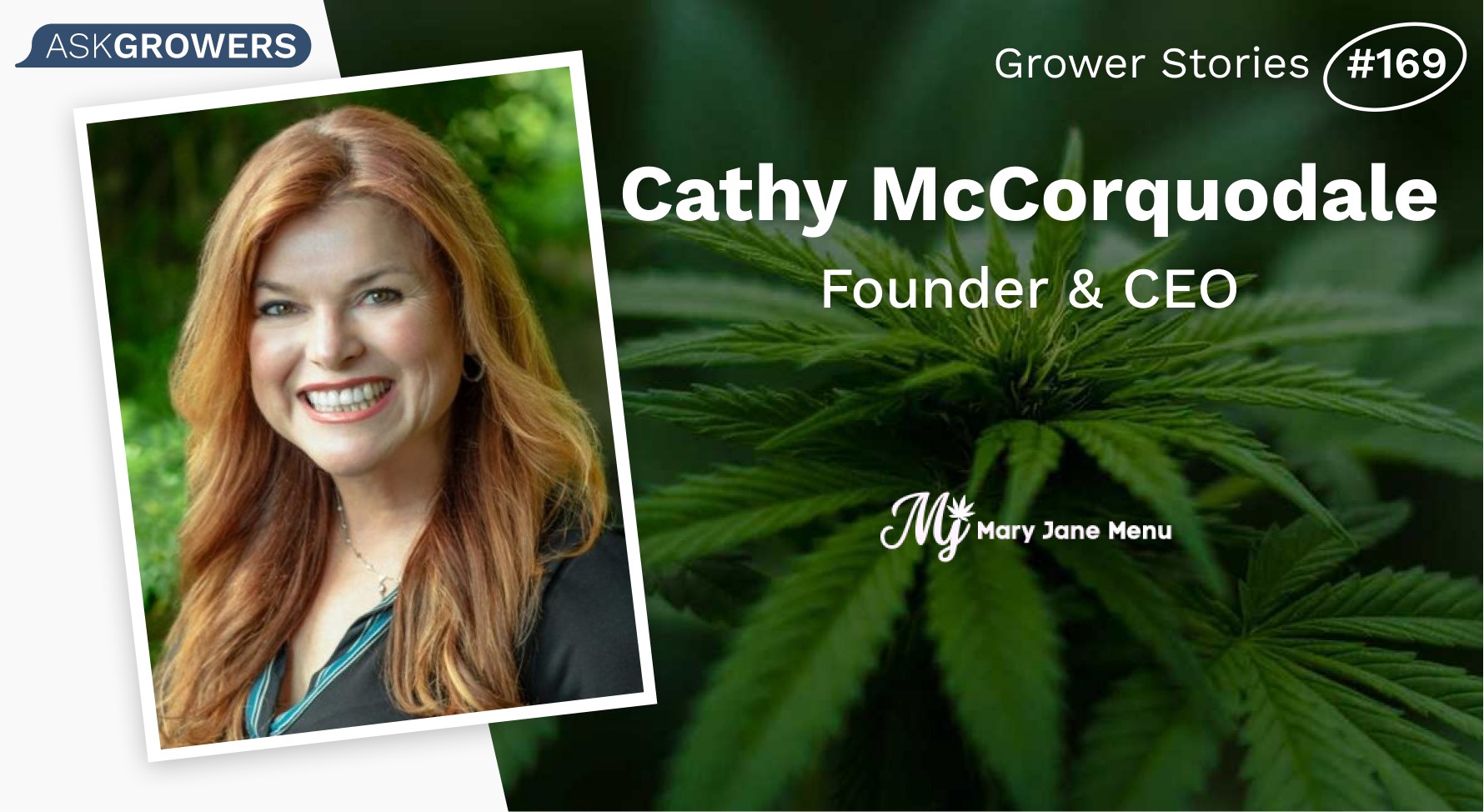
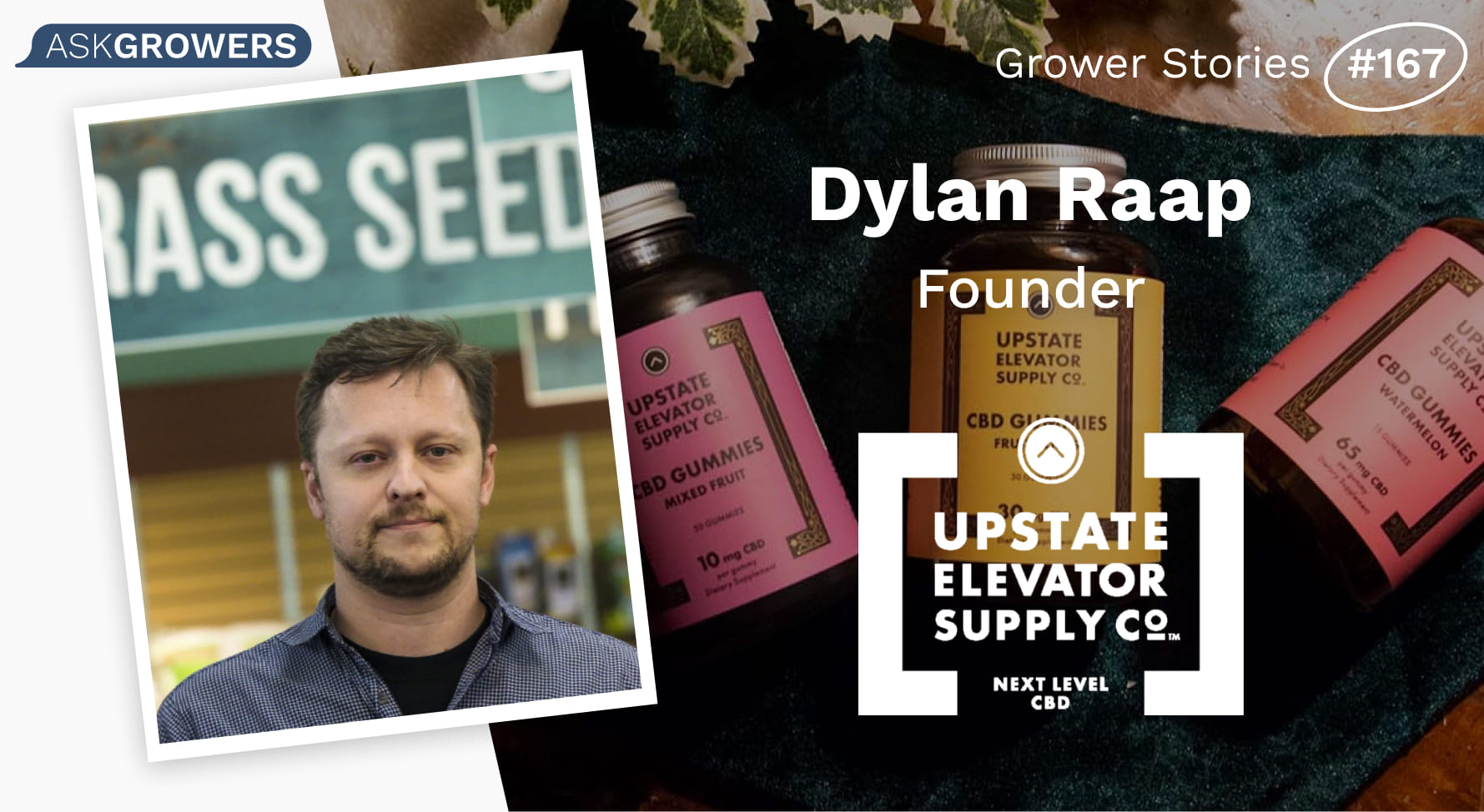
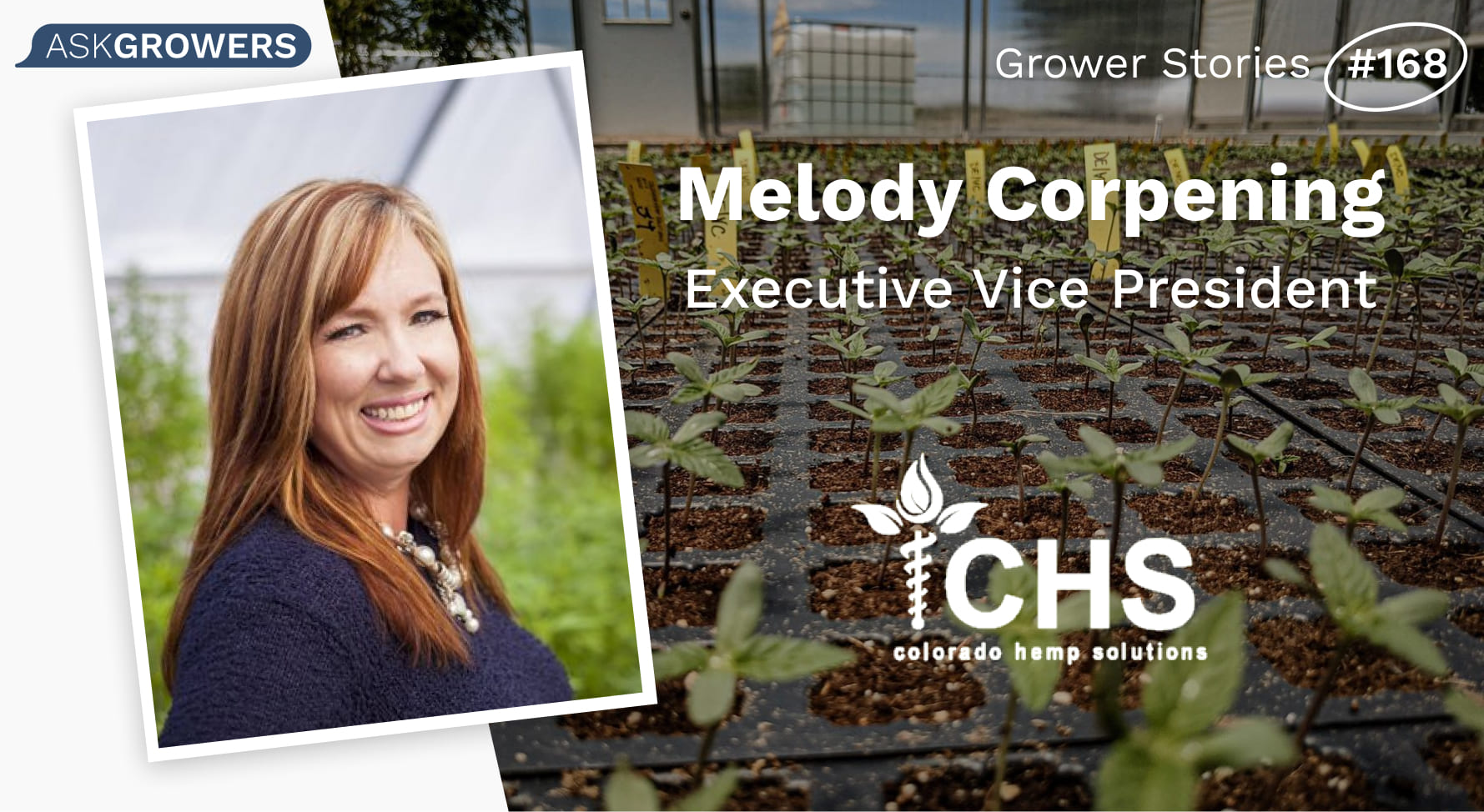
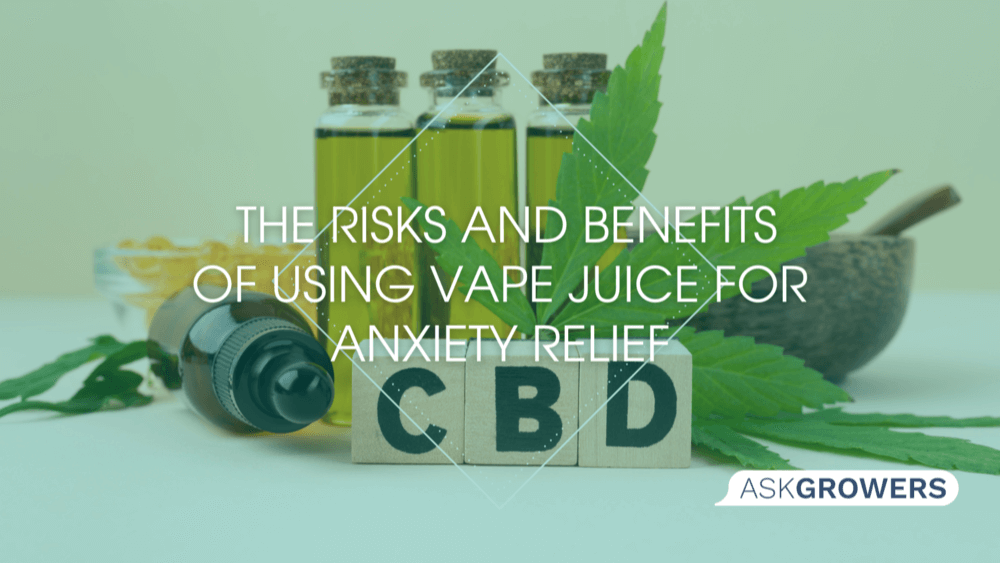
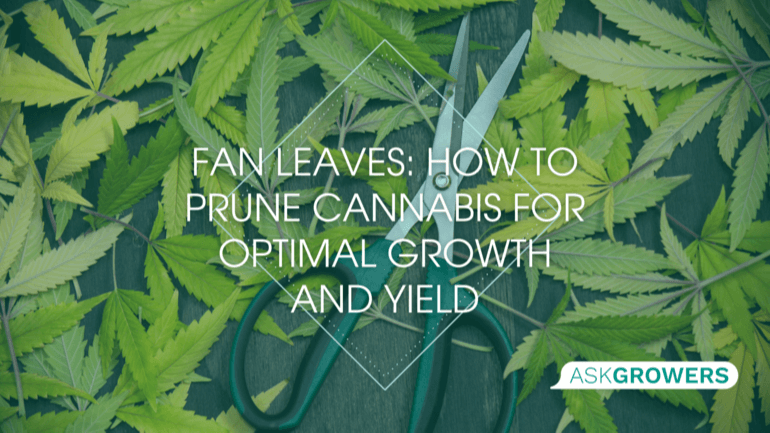
 (1).png)
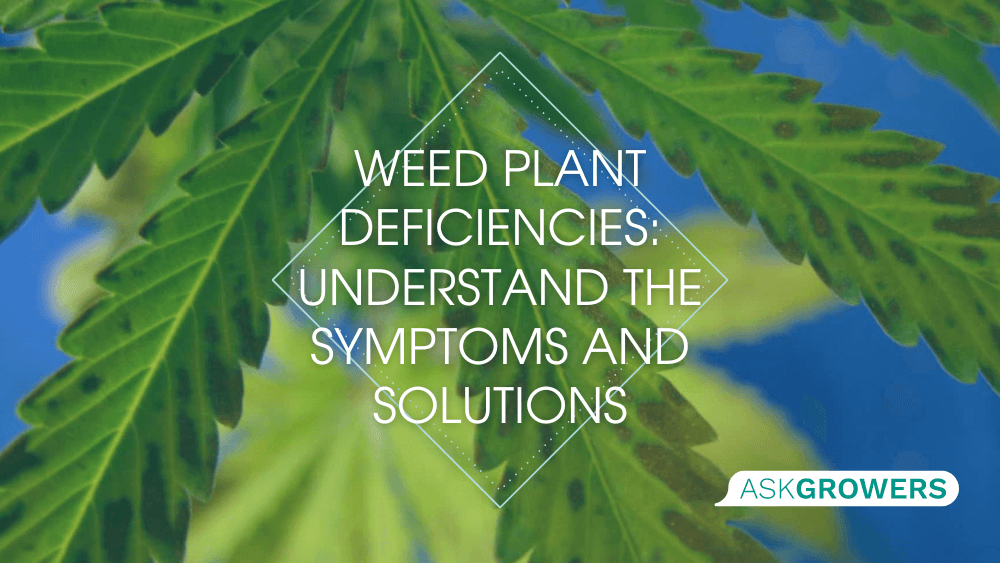
.jpg)
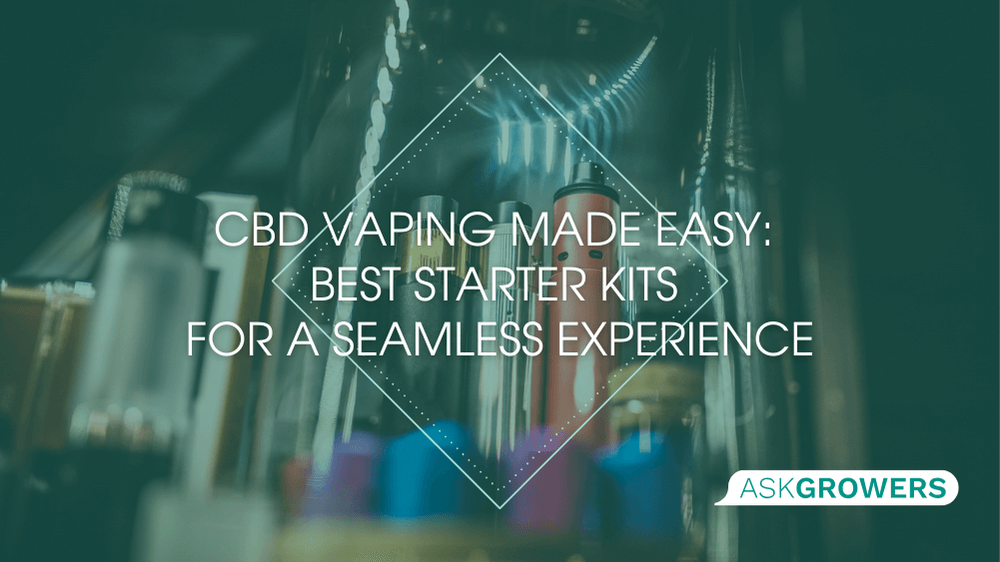
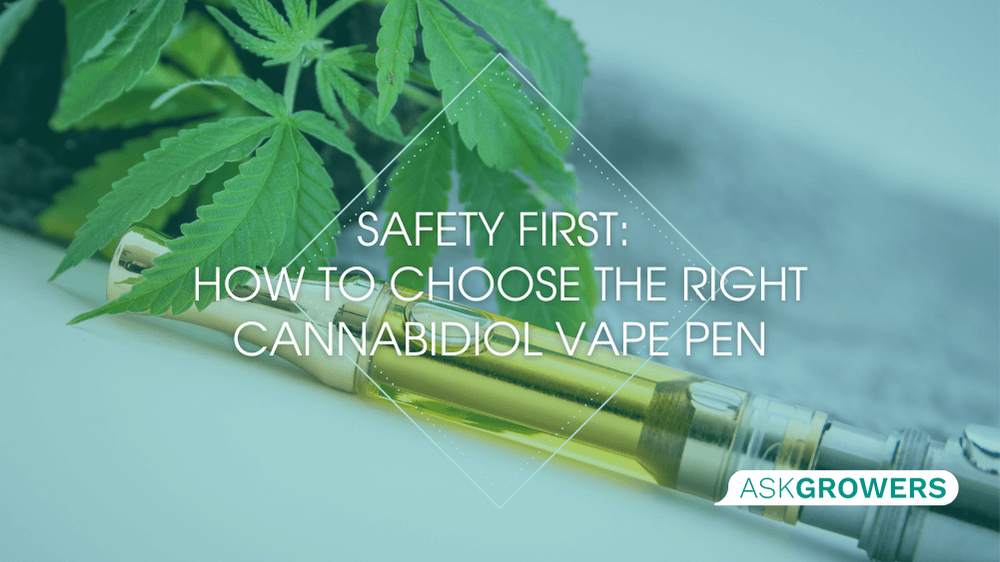
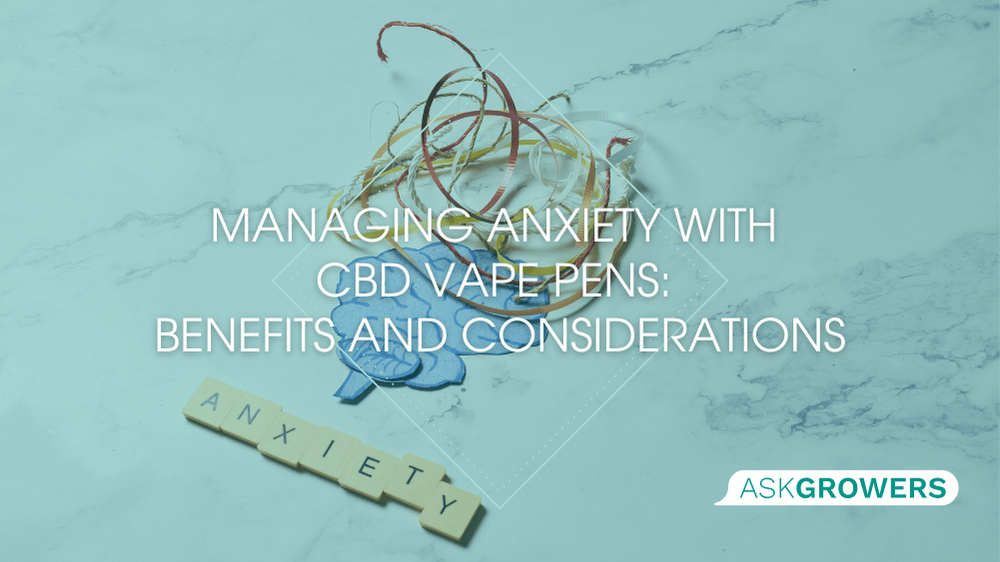
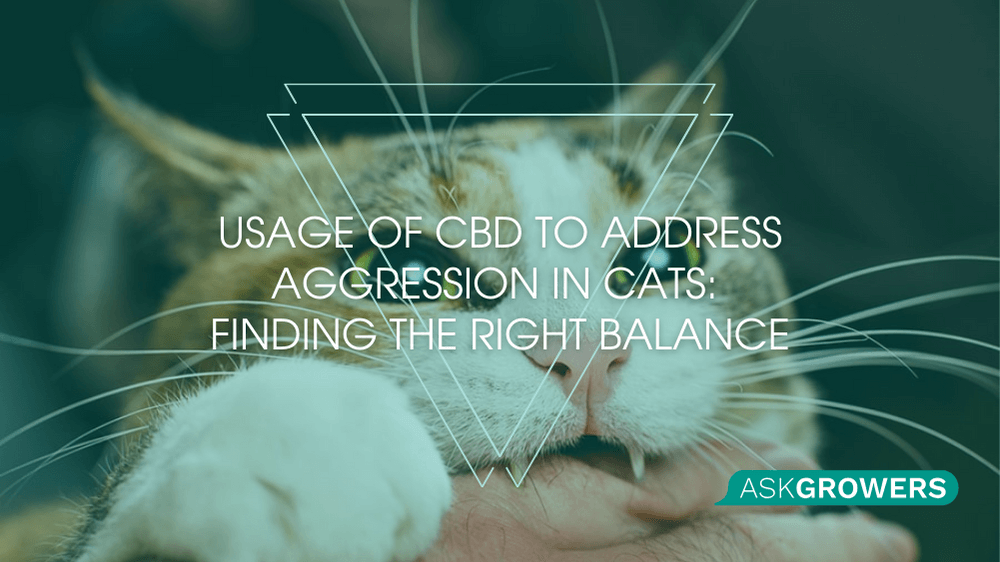
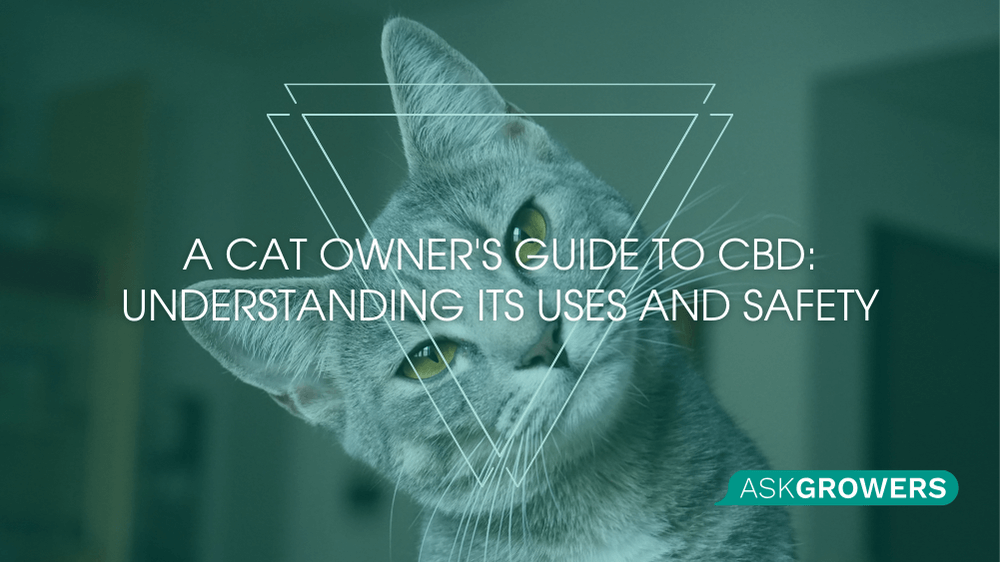
Be the first and share your opinion
Write a Review